Teaching Tips boxes. These are at the suggestion of our users, and we think they are a great addition of practical tips for the reader’s first year in the classroom. A few examples of Teaching Tips boxes are Working with “Helicopter” Parents, Elusive History (on the use of primary sources), and Writing Your Philosophy of Education.
Revised Reader The Reader offers greater depth on topics, different points of view, case studies, and video clips that allow you to apply your skills and insights to specific situations. The Reader includes 52 readings (more than 29 are new in the tenth edition), 23 case studies, and 17 classroom videos. We are excited to announce our Curated Collection of Online Videos, new Teaching Tips boxes, a contemporary design, and much more. To better emphasize global education, we’ve included our Global View annotations in both the instructors edition and the student edition. In Chapter 7, we added a section on education in Finland, and throughout the book we included example of education in other countries . All of the portfolio and reflective activities were reorganized to reflect the new INTASC: Core Teaching Standards.
The annotated instructor's edition provides a wealth of instructional ideas and links key supplements to the content through approximately 40 annotations per chapter. Features include teaching tips, critical thinking questions, suggested in-class activities, "Global Views," and "Multiple Intelligences Connections."
The text is accompanied by a wealth of supplements developed by the author, including an Annotated Instructor’s Edition; an Instructor’s Manual with extensive, creative activities; a Test Bank; PowerPoint presentations; a video program (on DVD); an Online Learning Center; CPS questions; Blackboard and WebCT cartridges; and the student Reader CD-ROM updated with 48 readings, 23 case studies, and 19 classroom observation video segments.
Updates on contemporary issues. Teachers, Schools, and Society has been revised to incorporate the newest laws and programs. This text focuses on the contemporary field of education with new coverage on obesity, eating disorders, and emerging trends in the curriculum, as well as revised coverage on poverty. With a discussion of standards, high stakes testing, the economic impact on schools of poor versus wealthy communities, the growing influence of business in schools, cyber-bullying, “green” schools, and giftedness, Sadker is the most up-to-date book in the market.
www.mhhe.com/mhcp/CorrelationGuides/AE_Education_1112.pdf
This convenient guide matches the units in Annual Editions: Education 11/12 with the corresponding chapters in three of our best-selling McGraw-Hill Education textbooks by Fraser, Sadker et al., and Spring.
Broad coverage of different kinds of diversities• In chapter 3, the authors expand their hallmark focus on diversity in focusing on group diversity. Within this chapter is a unique section that includes profiles of students from several groups to help readers explore stereotypes and generalizations.• Chapter 2 focuses on different ways of learning (individual diversity). New sections on how gender relates to learning styles and GLBT students have been added.• Coverage of different groups is integrated throughout the text.
Interactive pedagogical features such as "Interactive Activities" and the chapter-opening "What Do You Think?" opinion poll link students to the Online Learning Center. Other learning aids include reflection questions, "Imagine..." briefs on current issues in education, pro/con mini debates entitled "You Be the Judge," "Profiles in Education," and more.
Correlation Guide:
www.mhhe.com/mhcp/CorrelationGuides/AE_Education_1314.pdf
This convenient guide matches the units in Annual Editions: Education 13/14 with the corresponding chapters in two of our best-selling McGraw-Hill Education textbooks by Sadker/Zittleman/Sadker and Spring.
Correlation Guide: http://www.mhhe.com/mhcp/CorrelationGuides/CES_Education_5e.pdf
This convenient guide matches the chapters in Classic Edition Sources: Education, 5/e with the corresponding chapters in two of our best-selling McGraw-Hill Education textbooks by Tozer et al. and Sadker et al.
Correlation Guide:
www.mhhe.com/mhcp/CorrelationGuides/AE_Education_1415.pdf
This convenient guide matches the units in Annual Editions: Education 14/15 with the corresponding chapters in two of our best-selling McGraw-Hill Education textbooks by Sadker/Zittleman and Spring.
Correlation Guide:
www.mhhe.com/mhcp/CorrelationGuides/TS_Educational_Issues_18e.pdf
This convenient guide matches the issues in Taking Sides: Clashing Views on Educational Issues, 18/e with the corresponding chapters in three of our best-selling McGraw-Hill Education textbooks by Arends, Sadker/Zittleman/Sadker and Spring.
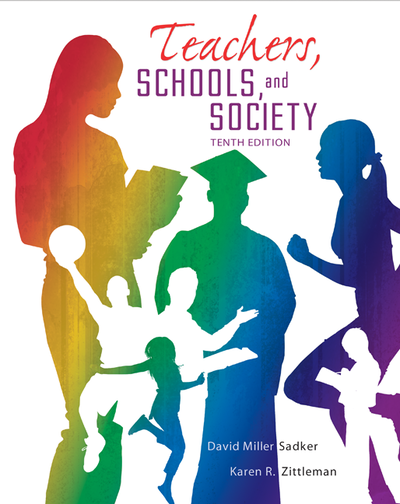




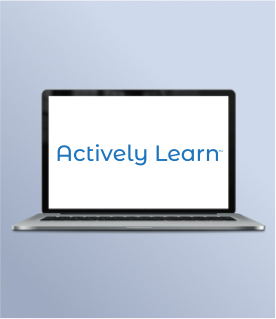







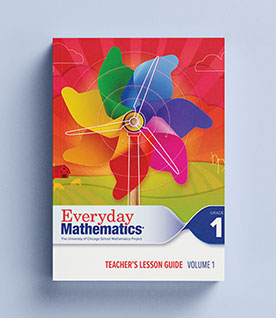
































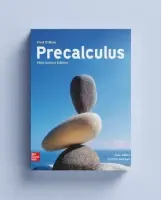

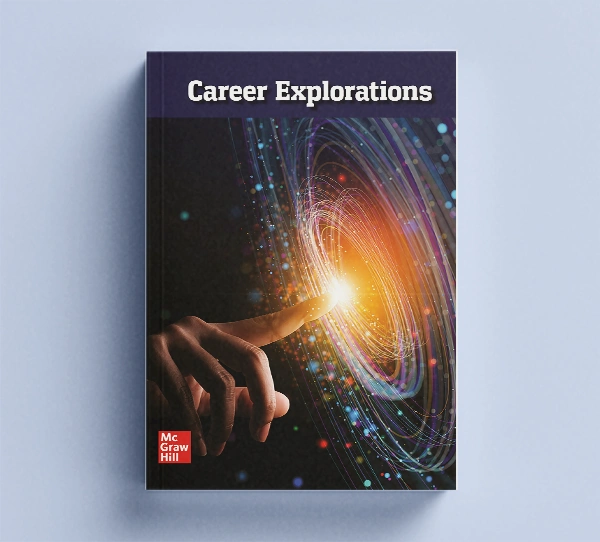
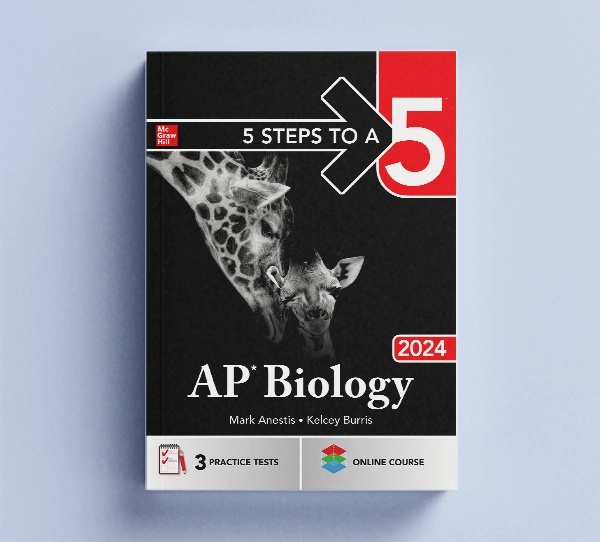

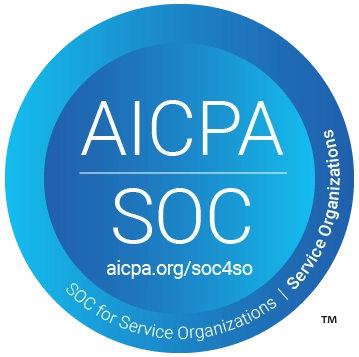
Social Studies
View all Social Studies Programs
IMPACT (K–5)
Actively Learn (3–12)
New Social Studies (6–12)
Networks (6–12)